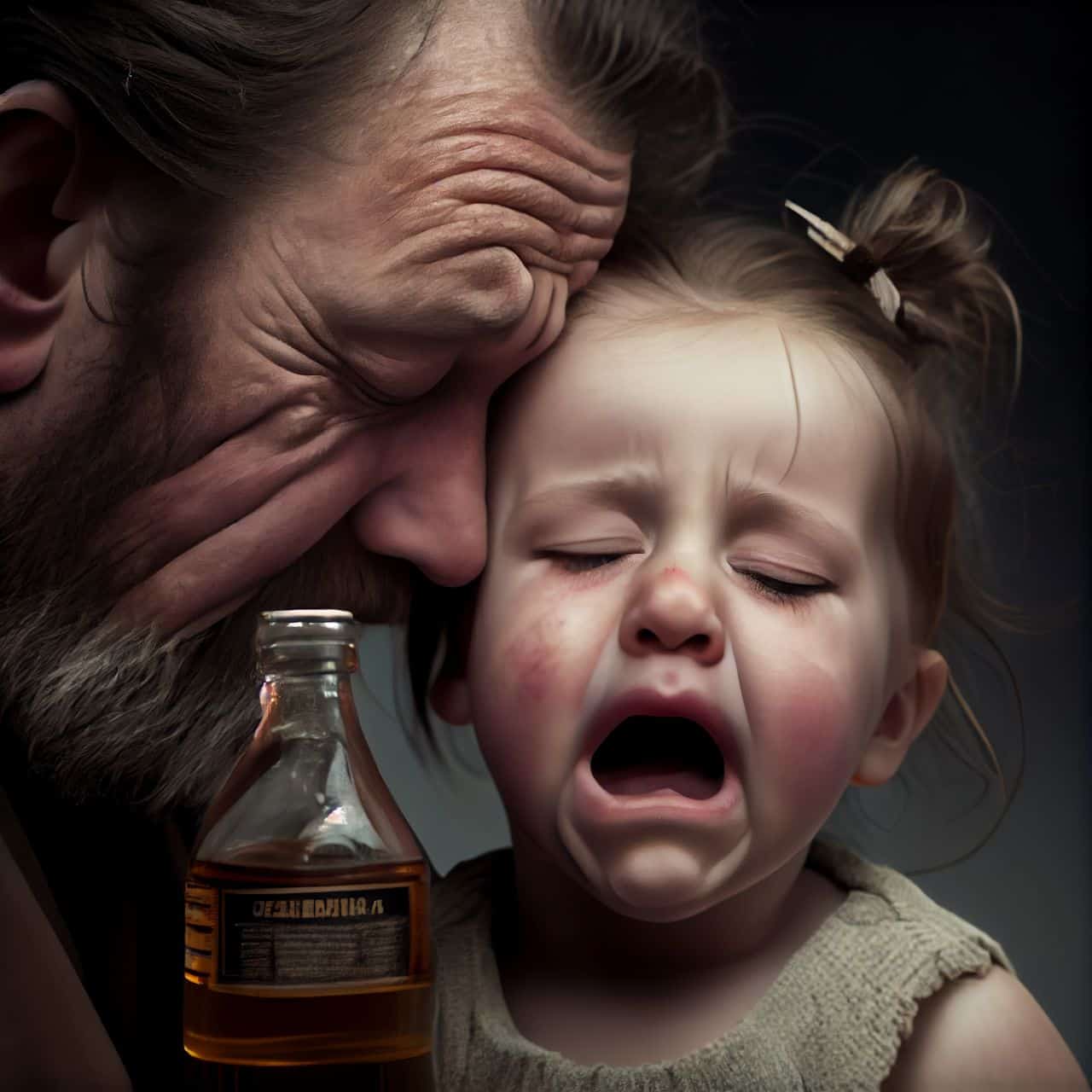Alcohol and drug rehab is essential for those who are suffering from addiction. While many people think that the main reason for this is for the safety of those who are addicted, other benefits come along with it. This article will cover some of these benefits and help you to decide whether you should consider getting into rehab for your addiction.
Outpatient rehab
Outpatient alcohol and drug rehab in Pinnacle Recovery Center is an effective treatment option for individuals suffering from mild to moderate addictions. Although not for everyone, outpatient rehab can be crucial to building a sober life. In addition, it provides a way to stay in touch with family and work while still receiving treatment.
Some outpatient rehab programs offer sober living options, which can be especially helpful for newly relapsed people. In addition to providing therapy and counseling, these programs can offer accountability partners to help patients maintain sobriety.
Outpatient rehab programs are generally less expensive than inpatient treatment. Therefore, it may be a significant factor when choosing a program. However, it’s always a good idea to check with your insurance provider to ensure you are covered.
Many outpatient treatment programs have been converted to evidence-based therapies with higher recovery rates. They are also designed to fit individual lifestyles and needs.
Outpatient treatment allows the patient to have more freedom and control. They can choose to keep their family and work responsibilities at home. The flexibility of outpatient treatment can make it an attractive option.
Long-term rehab
Long-term alcohol and drug rehab programs offer benefits beyond what is available through short-term treatment. These programs provide a safe environment for individuals to rehabilitate while learning new coping skills.
A long-term rehab program offers a comprehensive treatment approach that addresses the physical, emotional, social, and financial effects of drug and alcohol abuse. The process includes detoxification, cognitive-behavioral therapy, and lifestyle changes.
Developing a solid support network is essential to success in recovery. Peer support is crucial in the early months. It can be facilitated through the use of mutual recovery groups.
Creating and maintaining a healthy routine is essential to the long-term process. Sleeping well, eating nutritious meals, and engaging in productive activities can boost mental health.
Rehab can be a stressful process. Outpatient treatment can be incredibly challenging. However, the right option can help patients get their life back on track.
Cognitive-behavioral therapy, or CBT, is a treatment method that helps patients identify and address the underlying reasons for their addiction. It can also help individuals learn how to manage their emotions, decrease dysfunction, and rebuild their lives.
In addition to CBT, the most effective rehabs include family therapy, group therapy, and other supportive services. Many programs also feature sports training and nutrition training.
Dual diagnosis
The most effective dual diagnosis treatment is a coordinated and multi-tiered approach that treats mental health and substance use disorders simultaneously. Many times, the underlying causes of addiction are other psychiatric disorders.
For example, chronic stress can increase the risk of substance abuse. Another common comorbid disorder is major depression. Alcoholism can exacerbate psychiatric conditions.
While many factors contribute to dual diagnosis, genetic predisposition, a traumatic event, or some other characteristic may play a role. Regardless of the reason, getting help for these two problems is essential.
Dual-diagnosis treatment centers often utilize group therapy to provide a comprehensive recovery plan. Group meetings offer feedback, tips on how to cope with challenges, and emotional support.
In some cases, an outpatient program is sufficient. However, such programs are often subject to cost-cutting and may not be supported by inpatient services in emergencies.
There are several drugs and therapies available. Each patient receives a drug management plan.
Other treatments include cognitive behavioral therapy and individual counseling. Some patients may also receive social skills training.
One of the essential things about dual diagnosis is that there is no one-size-fits-all solution. Instead, recovery takes time and commitment.
